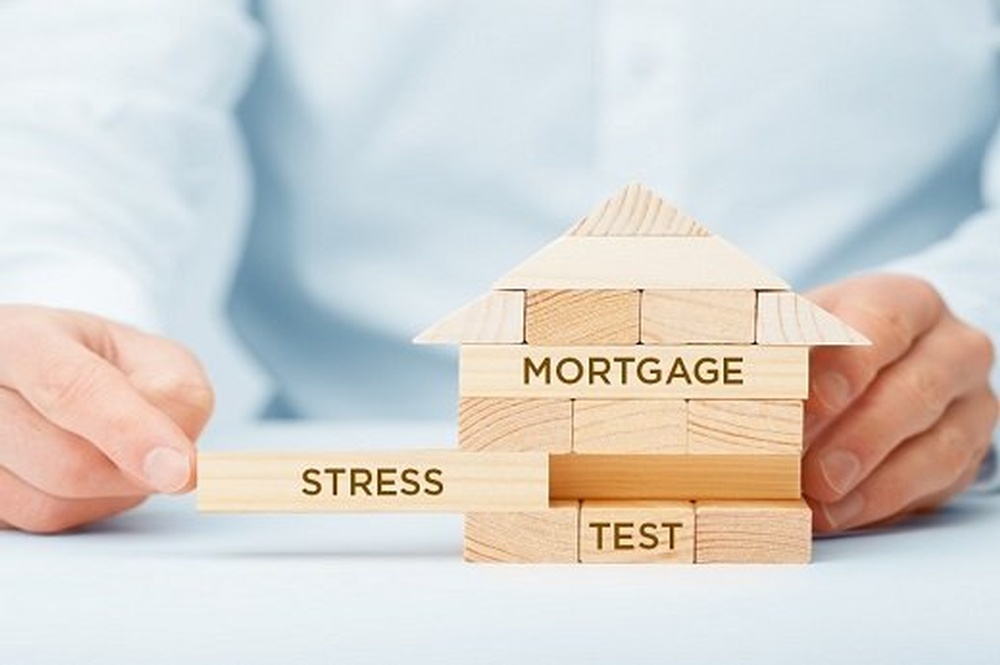What is a Mortgage Stress Test anyway?

What is the mortgage stress test anyway?
The mortgage stress test is an interest rate set by the mortgage regulators that needs to be used in the qualifying steps of the mortgage approval process. The stress test interest rate, as of June 1, 2021, has been set at 5.25% or 2% above the interest current interest rate, whichever is greater.
This means that to qualify for a mortgage, the client must show that he/she can afford the monthly mortgage payments based on the stress test interest rate, 5.25%. Even though the actual current interest rate may be much lower as it is currently, as low as 2% for some fixed terms and even as low as 1% for some variable rate mortgages.
When assessing the affordability of a borrower the mortgage agent is required to account for all the income and debt, to arrive at an income to debt ratio, which cannot be above a certain percentage, depending on various factors, including the mortgage product and Government guidelines.
For example, you are gainfully employed and earn a gross annual income of $100,000. You pay all your monthly credit obligations on time, and have no other loans. This means that the full $100,000 can be used to qualify you for the maximum purchase amount, since no portion of that income is being used to service any other monthly credit obligations.
Let’s assume you are looking at purchasing a property where the property tax is $4000/year.
Under the old stress test rule, you would qualify for a mortgage of $600,000 (including mortgage default insurance, if you were putting less than 20% down). Under the new stress test rule you would qualify for a mortgage of $570,000.
The above is for illustration purposes only, and numbers often can and do vary greatly from borrower to borrower.
The theory behind this is to slow down the hot market with prices that seem to be rising uncontrollable. If the Government can lower the amount of mortgage people can be qualified for, the prices will drop. Only time will tell if this has this effect. Many buyers may not be affected, but the ones that will be affected will be mostly first-time buyers that tend to stretch their buying power to just be able to enter the market. The other theory behind this is that by qualifying for this higher rate, buyers will be able to show that they can afford the payments if the interest rates rise in the future. The interest rate may be higher at time of mortgage renewal.
House prices may be affected by more that just the interest rates. Once the Pandemic is resolved and immigration as well as working at the office becomes more mainstream, demand for properties may increase. People may want to move back to bigger cities as opposed to the exodus we have seen to the suburbs and beyond during these unprecedented times.
In a nutshell, it is very difficult to predict the future. It has been very interesting to witness the market movements in real time during different and new situations. Stress test or no stress test, it is always better to stress test your mortgage so you know your tolerance limit. Figure out what you can afford and factor in the additional expenses of home ownership. Everybody’s goal is different but if you are happy, a large percentage of it has already been accomplished.